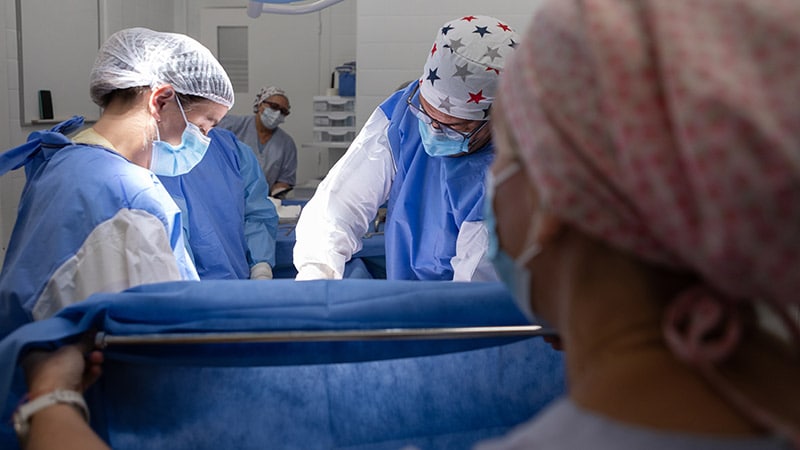Diagnoses of sexually transmitted infections (STIs) in England decreased by 32% in 2020 compared with 2019, new data from Public Health England (PHE) show.
The decline reflects a combination of reduced STI testing as a result of disruption to sexual health services leading to fewer diagnoses and changes in behaviour during the COVID-19 pandemic which may have reduced STI transmission, said PHE, adding that the overall figure remains high at 317,901 diagnoses in total in 2020.
Compared with 2019, consultations at sexual health services in 2020 decreased by 10%. The biggest drop occurred in face-to-face consultations which fell by 35% since 2019, but internet consultations doubled over the same period.
Although people could still access STI testing, there was a 25% fall in sexual health screens (tests for chlamydia, gonorrhoea, syphilis or human immunodeficiency virus [HIV]).
STIs that require a clinical in-person assessment, such as genital warts and herpes, saw a greater drop in diagnoses (46% and 40% falls, respectively) compared with STIs that could be diagnosed using self-sampling kits following an internet consultation, such as chlamydia and gonorrhoea (29% and 20% falls, respectively).
As in previous years, in 2020, the highest rates of STI diagnoses were in young people aged 15-24 years; people of Black ethnicity; and gay, bisexual and other men who have sex with men.
Commenting on PHE’s data publication, Dr John McSorley, President of the British Association for Sexual Health and HIV (BASHH) said: “This most recent data has highlighted the stark and concerning impact that Covid-19 has had on sexual health services. Whilst a drop in the number of new infections appears positive, it is important to remember that England entered the Covid pandemic with the highest rates of some STIs since the Second World War. This data therefore likely represents the tip of the iceberg - STIs haven't gone away; chains of infections haven't been broken."
"The entire sexual health service requires considerable ongoing investment and support, not just in the short term – otherwise the current picture will only get worse. BASHH therefore calls on the Government to make sexual health a national priority and to commit extra funding to public health services, so we can ensure that STI prevention is embedded across education, public health and the NHS as a whole.”



